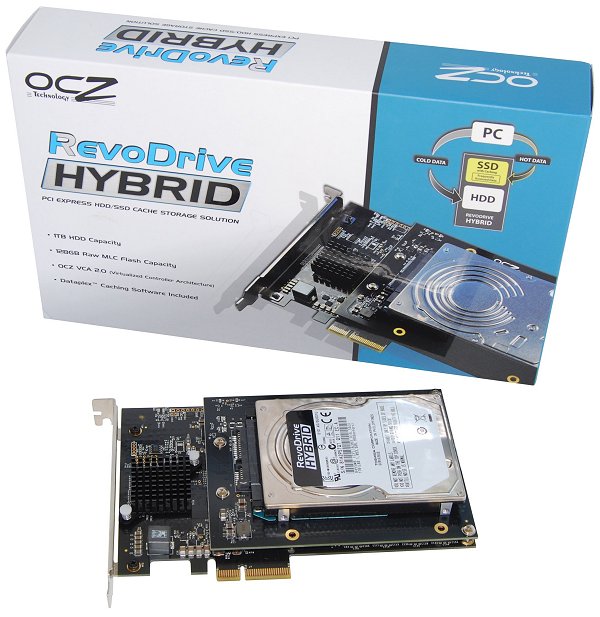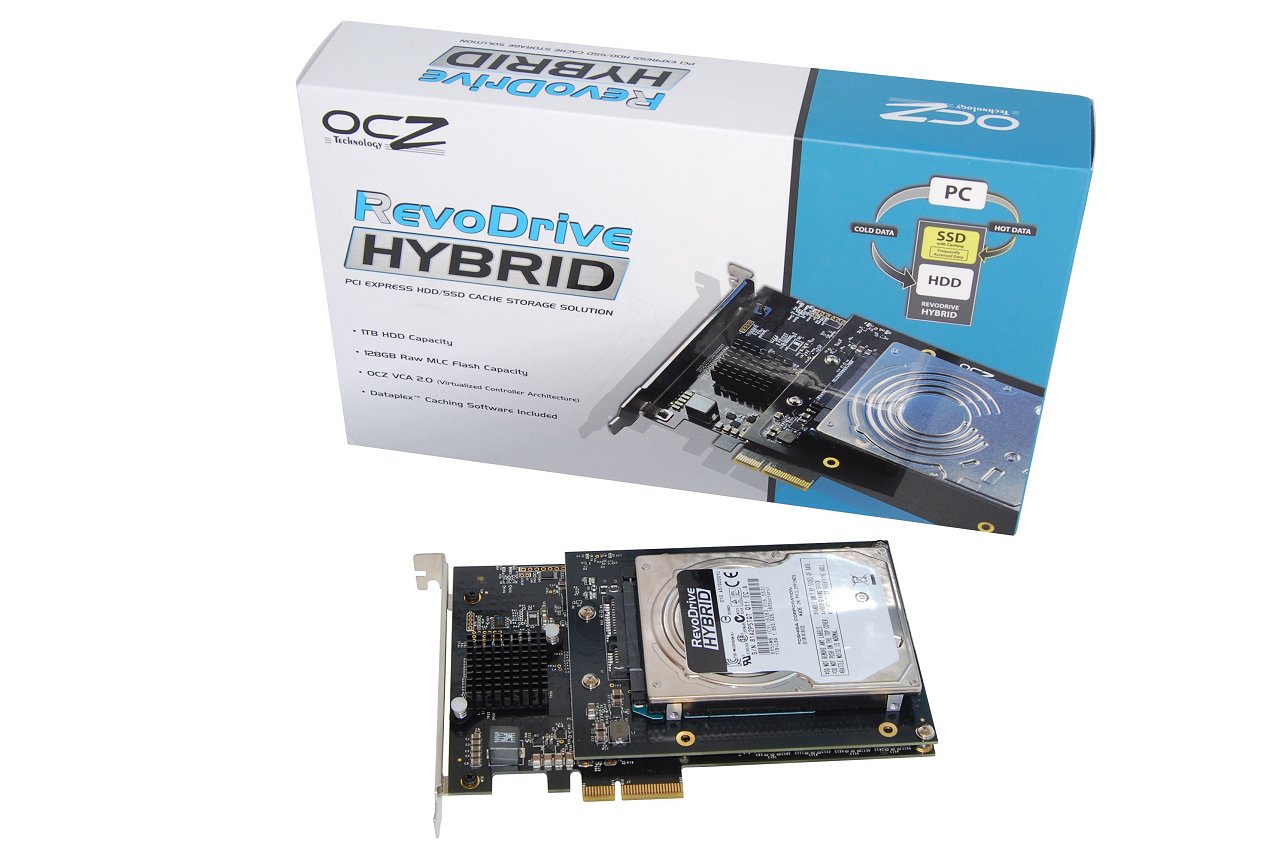It's been almost three years since I tested my first solid-state drive and that first impression has lasted to this day. Anyone that has used an SSD in their computer will tell you that it completely transforms performance. By removing the 6ms+ delay associated with hard drives, almost everything loads snappier – often instantaneously.
For that reason, we have maintained for years that the single most important upgrade you can make to an enthusiast-grade machine is adding an SSD for your operating system and applications. The key downside to SSD technology is its cost per gigabyte, which is significantly higher than traditional mechanical hard drives.
When we published our first SSD roundup in 2009, Intel's X25-M 80GB was the best option available and cost a crazy $4.87/GB. Alternatively, the OCZ Vertex 120GB was available for $340 at $2.83/GB. Although the Vertex was more cost effective, around the same time 1TB hard drives were fetching less than $0.15/GB.

Although SSDs are quicker and more reliable today, their price relative to mechanical drives has only improved slightly. For example, the Crucial m4 128GB costs $1.56/GB, the OCZ Vertex 3 120GB is $1.75/GB, while Intel's SSD 510 Series 120GB is going for $2.33/GB. Meanwhile, 2TB HDDs are available for as little as $0.04/GB.
There have been many attempts to bring SSDs down to mainstream pricing but we're still a ways off. Smaller capacity 32GB and 64GB drives have become popular as boot drives and for some time they've been available for approximately $100 to $150 – cheap enough that you won't feel guilty, but still pricey per gigabyte.
Some manufacturers have taken other approaches to delivering SSD-like speeds to the budget segment. For instance, Seagate's Momentus XT combines both HDD and SSD technologies to create a hybrid solution. It has a 4GB SLC NAND flash chip used as a read cache, while all the data was actually written to the hard drive.
This let the Momentus XT outperform traditional hard drives quite comfortably, though the caching feature required repartition to work efficiently. More recently, Intel released its Smart Response Technology (SRT) with the Z68 Cougar Point chipset, which uses a similar hybrid concept but lets you pair an SSD with any HDD.
Hoping to nab a slice of the hybrid market, OCZ has launched its RevoDrive Hybrid which fuses a 100GB SSD to a PCB alongside a 1TB 2.5" hard drive and connects using the PCI Express 2.0 x4 bus. At $500, this solution is priced at a peculiar $0.50/GB. That's significantly less than any SSD, but more than you'd expect to pay for an HDD.
The RevoDrive Hybrid isn't exactly an entry-level product, regardless of its cost per gigabyte, folks shopping for a $500 drive might be inclined to opt for a pure flash-based product. We're not sure what to expect from OCZ's latest offering, but before we find out, let's take a closer look at what makes the RevoDrive Hybrid tick...
